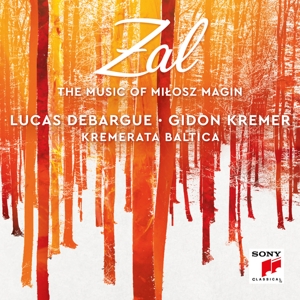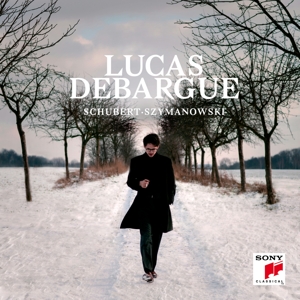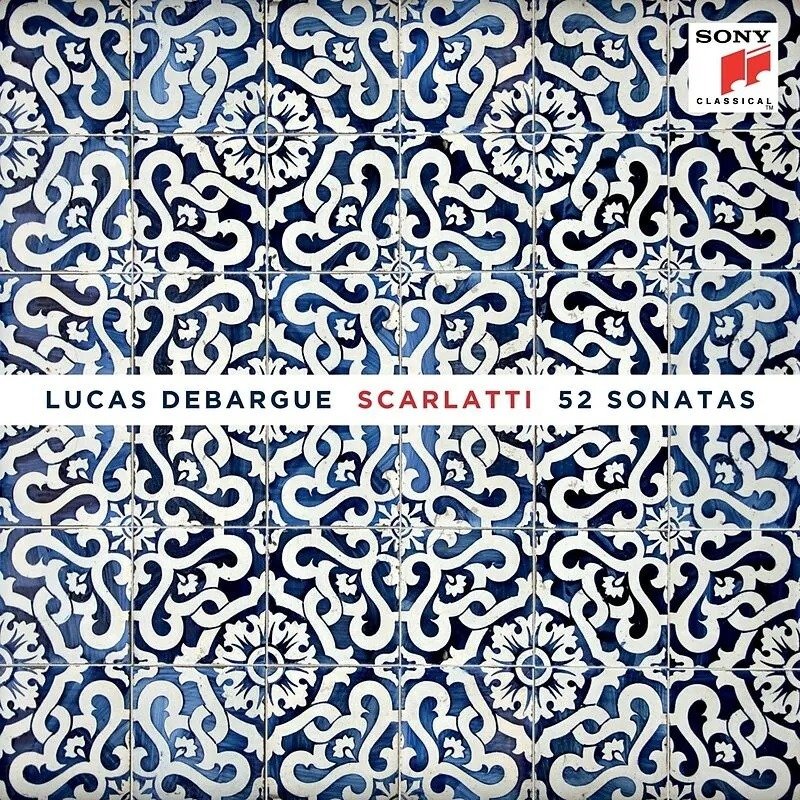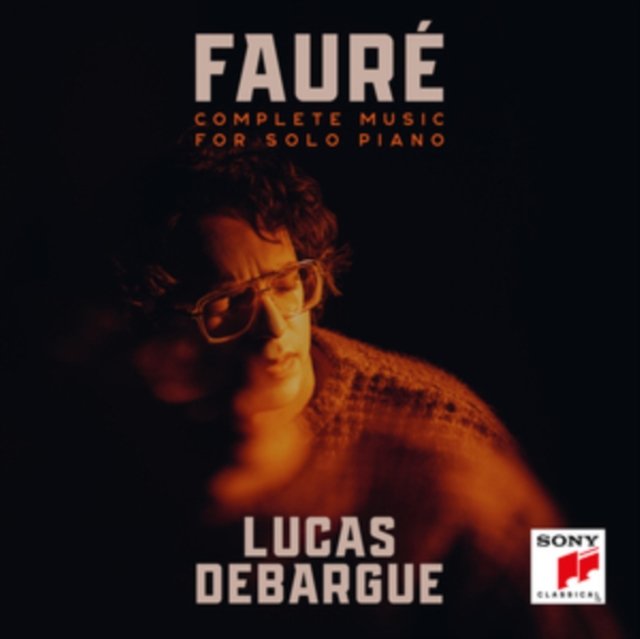
After a number of successful recordings of works by well-known composers such as Bach, Beethoven and Schubert, but also by Scarlatti, Medtner and Szymanowski, Lucas Debargue is now taking on a composer who he is deeply convinced will go unheard for far too long: Miłosz Magin (1929–1999) "You can recognize Miłosz Magin immediately when you listen," says the French pianist. “Few composers of his time were so clearly committed to the art of composing beautiful melodies.” Born in Poland in 1929, Magin settled permanently in Paris in 1960. After a car accident in 1963 he had to end his career as one of the greatest pianists in Poland - and from then on he made a name for himself as an imaginative composer who would never forget the traditions of his homeland. His main source of inspiration was Chopin - he was also a Pole who had made Paris his home. Magin recorded Chopin's piano works, and both composers are buried in the same Parisian cemetery. The clarity and transparency, but also the equally French and Polish-looking pianistic elegance of Magin's works are reminiscent of Chopin's works in many ways. "I've had his music in my ears for 20 years," says Debargue. His first piano teacher was a student of Magins, who "admired him as an inspired composer, as a pianist and also as a teacher who had given her numerous important tips on interpretation," said the French pianist. Magin's pieces for children, especially his "Miniatures Polonaises", from which Lucas Debargue recorded “Nostalgie du pays” for the present album were among the earliest works he learned from his first piano teacher. One day when Debargue was playing “Nostalgie du pays” at a piano recital in Paris, the composer's granddaughter, Alexandra, contacted him. This resulted in a lively correspondence and a whole series of previously unpublished works came to light: Debargue's new album with the Kremerata Baltica and Gidon Kremer presents Magin's rhapsodic piano concerto, Kremer himself plays Magin's violin concerto. The pianist and the violinist can be heard together in a series of exquisite chamber music works. And then there are various gems for solo piano interpreted by Lucas Debargue. which he learned from his first piano teacher. One day when Debargue was playing “Nostalgie du pays” at a piano recital in Paris, the composer's granddaughter, Alexandra, contacted him. This resulted in a lively correspondence and a whole series of previously unpublished works came to light: Debargue's new album with the Kremerata Baltica and Gidon Kremer presents Magin's rhapsodic piano concerto, Kremer himself plays Magin's violin concerto. The pianist and the violinist can be heard together in a series of exquisite chamber music works. And then there are various gems for solo piano as interpreted by Lucas Debargue. which he learned from his first piano teacher. One day when Debargue was playing “Nostalgie du pays” at a piano recital in Paris, the composer's granddaughter, Alexandra, contacted him. This led to a lively correspondence and a whole series of previously unpublished works came to light: Debargue's new album with the Kremerata Baltica and Gidon Kremer presents Magin's rhapsodic piano concerto, and Kremer himself plays Magin's violin concerto. The pianist and the violinist can be heard together in a series of exquisite chamber music works. And then there are various gems for solo piano interpreted by Lucas Debargue. This resulted in a lively correspondence and a whole series of previously unpublished works came to light: Debargue's new album with the Kremerata Baltica and Gidon Kremer presents Magin's rhapsodic piano concerto, Kremer himself plays Magin's violin concerto. The pianist and the violinist can be heard together in a series of exquisite chamber music works. And then there are various gems for solo piano interpreted by Lucas Debargue. This led to a lively correspondence and a whole series of previously unpublished works came to light: Debargue's new album with the Kremerata Baltica and Gidon Kremer presents Magin's rhapsodic piano concerto, and Kremer himself plays Magin's violin concerto. The pianist and the violinist can be heard together in a series of exquisite chamber music works. And then there are various gems for solo piano as interpreted by Lucas Debargue.
The violin concerto, the vocalises and the andante for violin and piano on this album are world premiere recordings. In addition, there is a haunting, devout “Stabat Mater” for strings and timpani. The Polish word “al” was chosen as the title of the album, which stands for a complex, multi-layered feeling between sadness, sadness and suffering - and which is almost untranslatable. For Lucas Debargue, this single word, this feeling, which encompasses entire worlds of meaning, conveys the fragrance, complexity, depth and emotionality of Magin's music.
.. MILOSZ MAGIN



